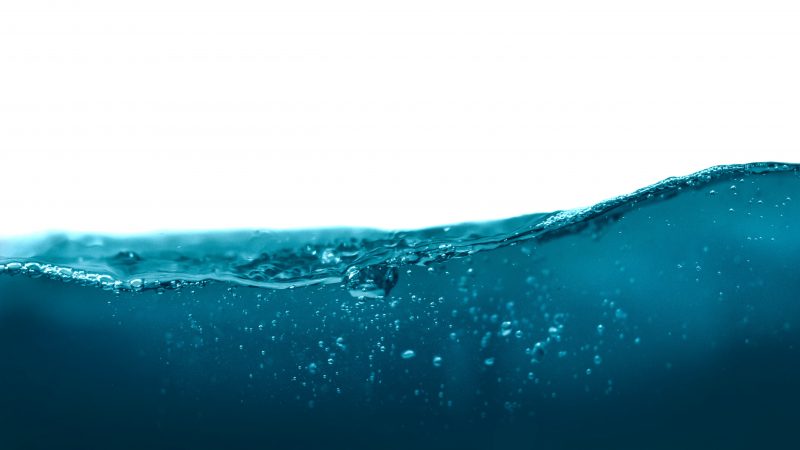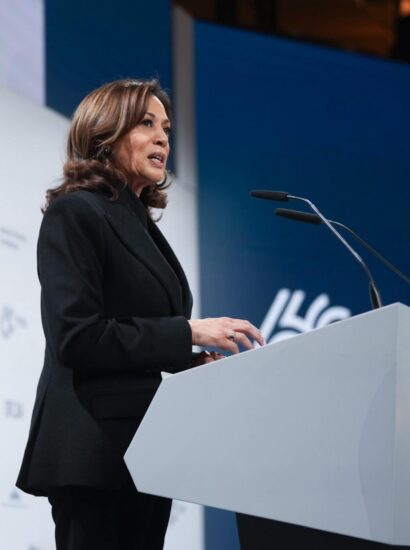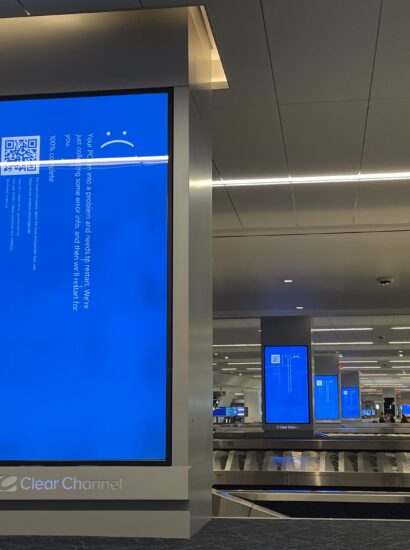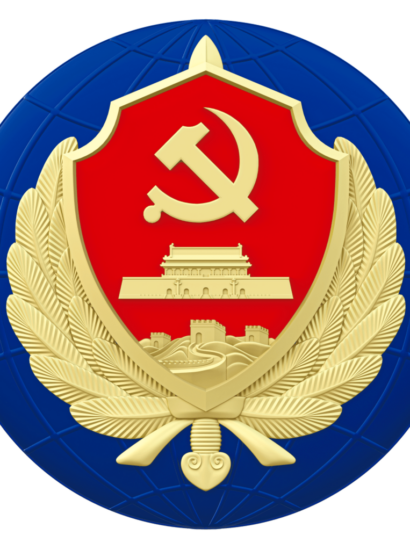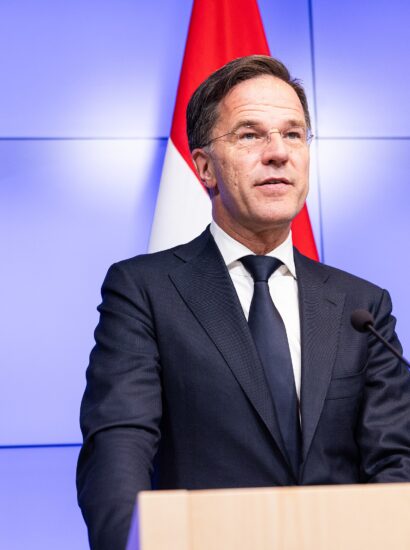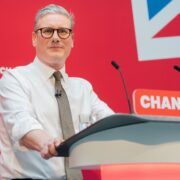As Europe dries out, we need fast and steady action to secure access to water for all citizens and avoid future conflicts. To do all this, the European Union needs a water pact: a Blue Deal. Meanwhile, managing water resources — and deciding who gets access to them — is turning into a political issue across the European continent. Politico’s recent joint event with the European Parliament tried to find the answers to what the Blue Deal initiative might have to be about.
The meeting was organized as part of a larger event staged by the Polish Confederation of Entrepreneurs, titled “Blue Deal as a solution to Europe’s water crisis?” Speakers at the forum addressed issues such as water management, wastewater, equal access to water and financial problems. Every participant raised the problem of timing: it is too late now to propose the Blue Deal for this Commission.
The keynote speech was given by Beata Daszynska-Muzyczka, President of the Polish National Economy Bank. She shared her following conviction: “We can survive without oil, gas, even gadgets like computers, but we can’t survive without water. That is why we have launched our 3W initiative to support the implementation of projects in the field of water, hydrogen and carbon,” she stressed in the closing of her address.
Then a panel discussion followed. The participants represented a wide range of decision-makers and members of the civil society. Speakers came from the Commission, the Federation of National Associations of Water Services, the EESC’s Blue Deal Consultative Body, and the European Parliament was represented by a Polish MEP.
The first speaker was Florika Fink-Hooijer, Director General of DG Environment of the European Commission. She noted that she was happy with the theme of this event because it has two implications: the first is that “we recognize the problem and the second is that we have the ambition to solve it.”
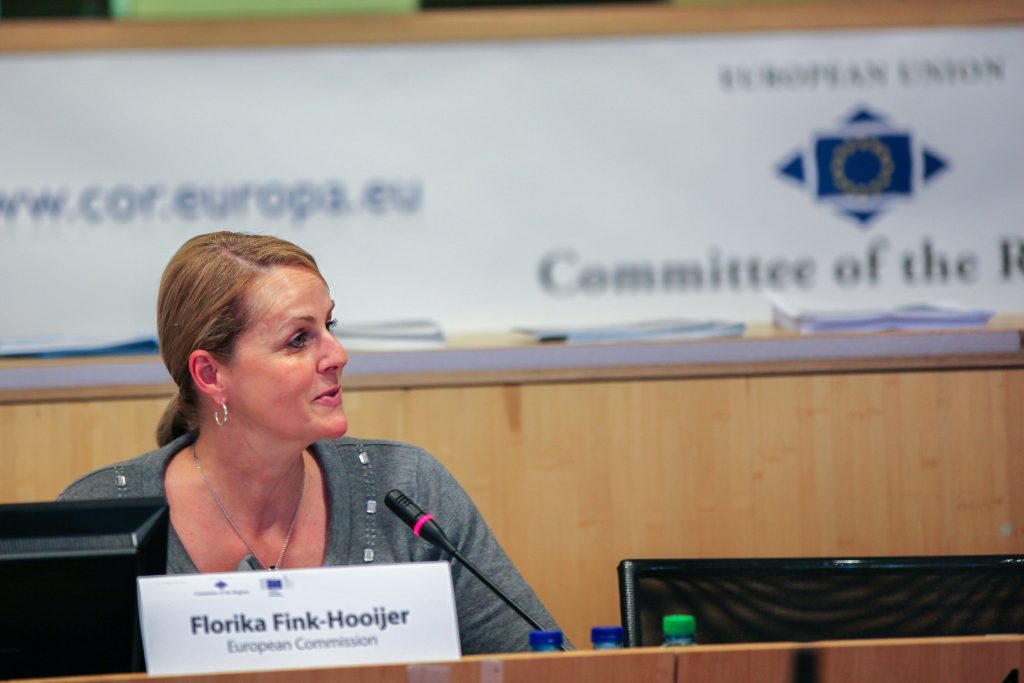
Florika Fink-Hooijer in 2015 (Photo by European Committee of the Regions / Flickr.com)
But she made clear the fact that next year will be the European elections, which means we should not expect much. It won’t be a legislative proposal, just a scoping paper.
It is something that will start a movement to be ready and hopefully then influence the mandate of the next Commission.
Karine Measson (of the European Investment Bank, EIB) underlined that the green transition cuts across sectors, but this year it gained a lot of momentum and visibility at the United Nations Water Conference 2023. The EIB published its Water Section Orientation Proposal, which calls for building climate resilient water systems. She also highlighted the issue of sea level rise.
According to their data, the estimated cost of coastal protection and relocation of people living in affected areas is expected to range from USD 200 billion to USD 1 trillion by 2100.
Oliver Loebel, Secretary General of EurEau, noted that this step by the Commission to create a water management strategy is very welcome. But he also warned the decision makers to avoid that the Blue Deal or the Water Resilience Initiative remain just a piece of paper and not a top-down approach, as sometimes happens with the positive ideas.
Member of the European Parliament Jan Olbrycht pointed out the importance of having a strategy for the Blue Deal and a strategy that can complement the Green Deal. Such a comprehensive initiative is one that can convince the decision-makers who provide the funds that they really need to invest in it.
According to Olbrycht, such a fund can only be set up at EU level and cannot be earmarked from member states’ resources. For the simple reason that those will not agree to it.
Pietro De Lotto, European Economic and Social Committee (EESC), coordinator of the EU Blue Deal made a very passionate speech about the importance of creating a Blue Deal. He recalled the EESC already put forward concrete challenges, not blue washing actions. They called on parties to endorse and embrace the initiative.
Pietro De Lotto told the audience about the main problem that the European Union doesn’t have up-to-date information and data on the Member States’ existing public and private water infrastructure, the consumption and which kind of pressing water investment need to be done.
At the end of his speech, De Lotto urged for acting because we need to avoid the situation in the future when we have to pay 400 euros for a simple bottle for water.
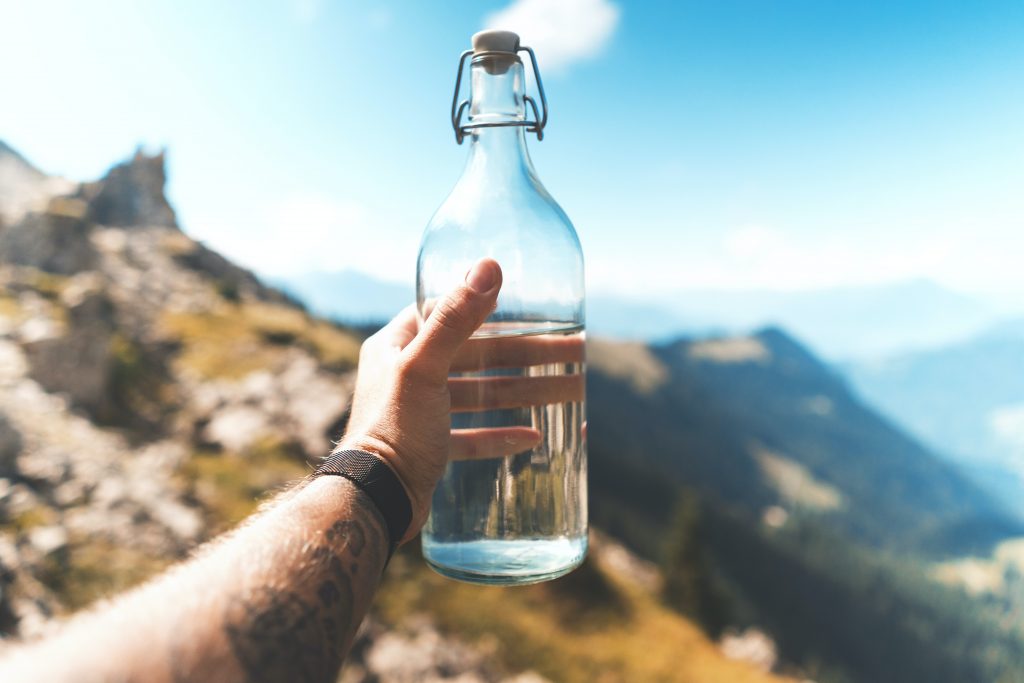
Illustration (Photo by Marvin Meyer / Unsplash)
A study using satellite data confirmed earlier this year that Europe has been suffering from severe drought since 2018. Rising temperatures are making it difficult to recover from this deficit, leaving the Continent stuck in a dangerous cycle where water becomes ever more precarious.

